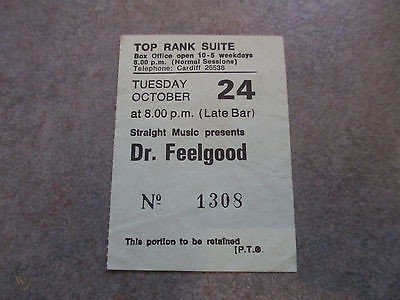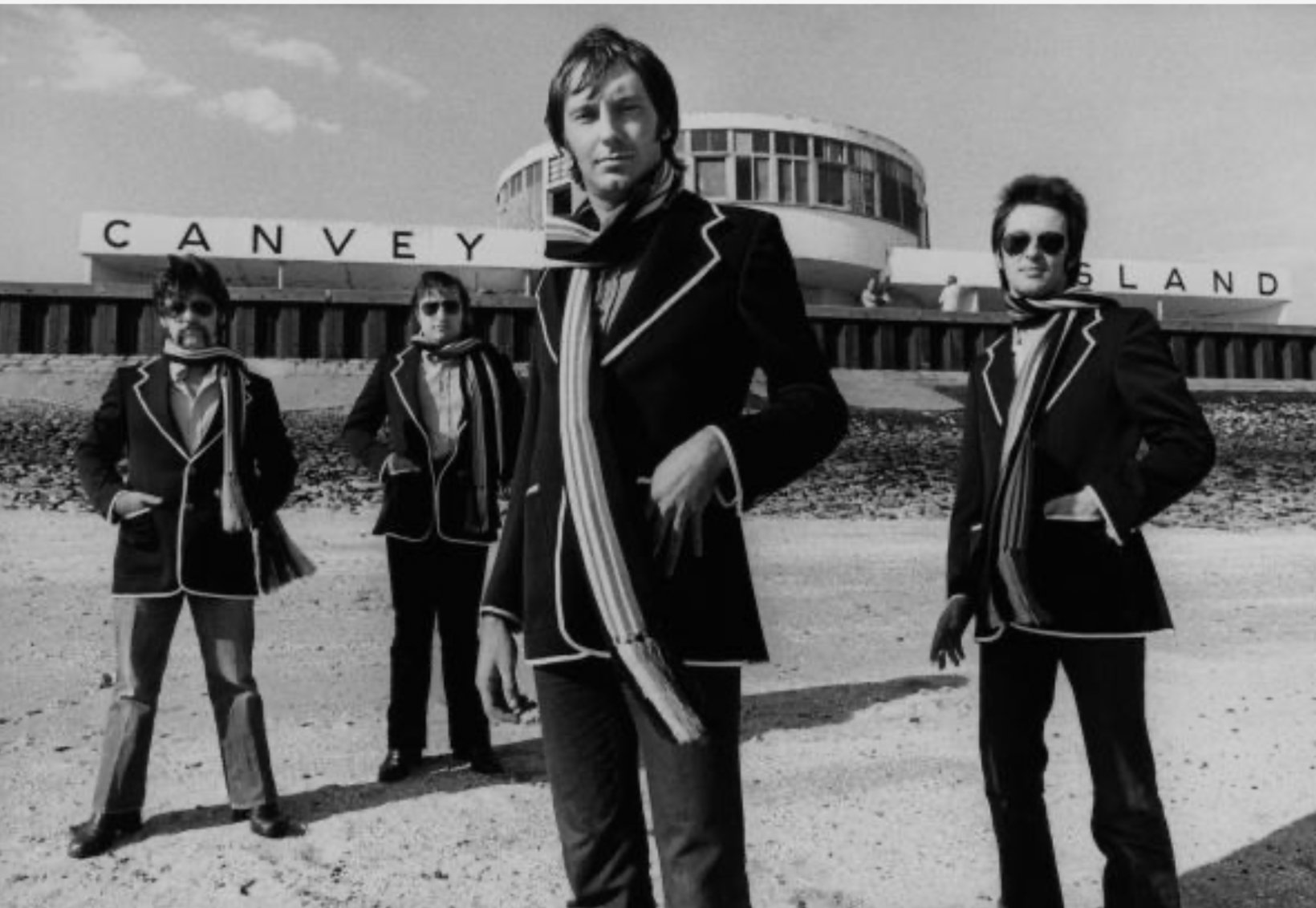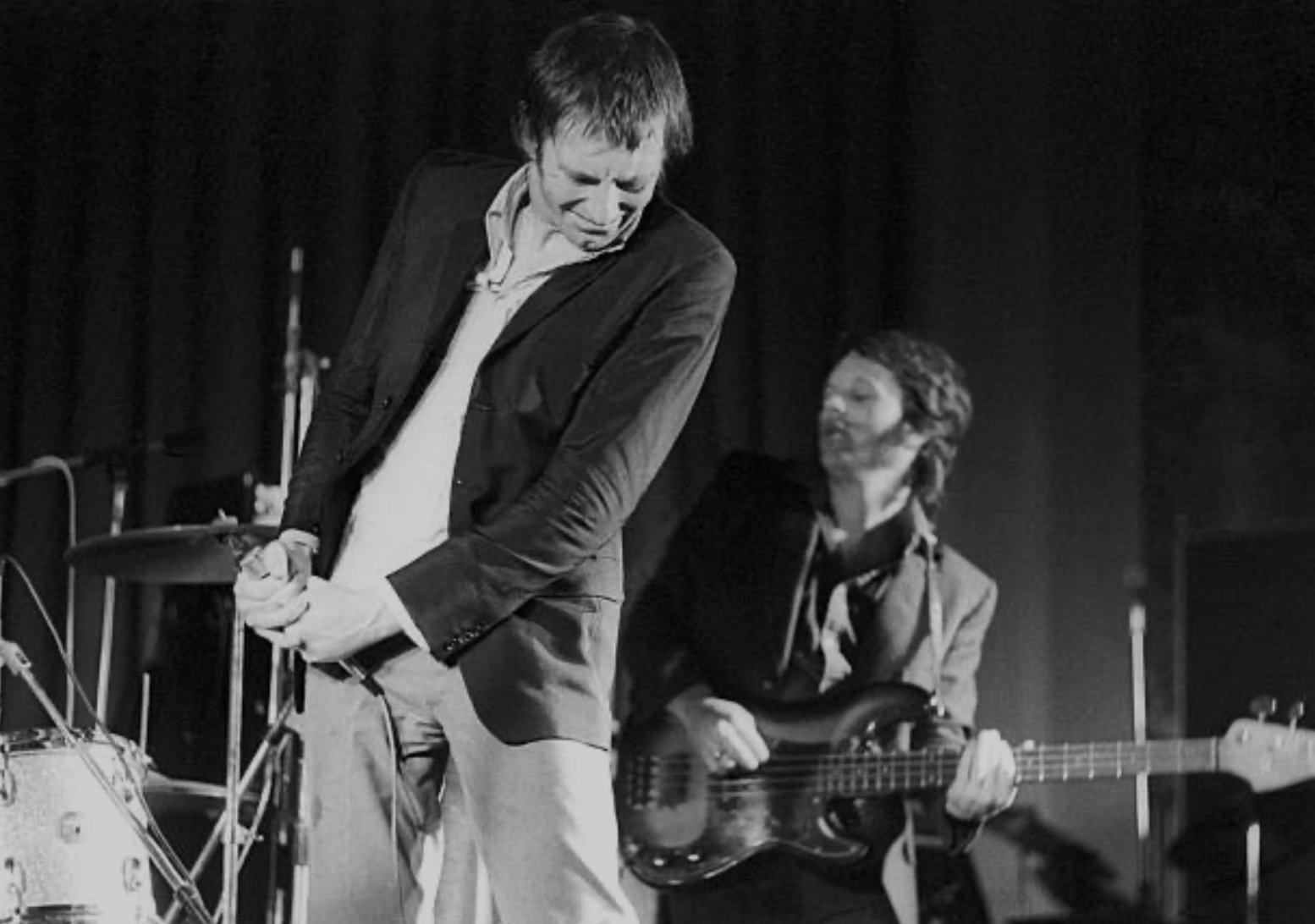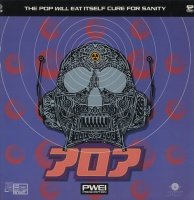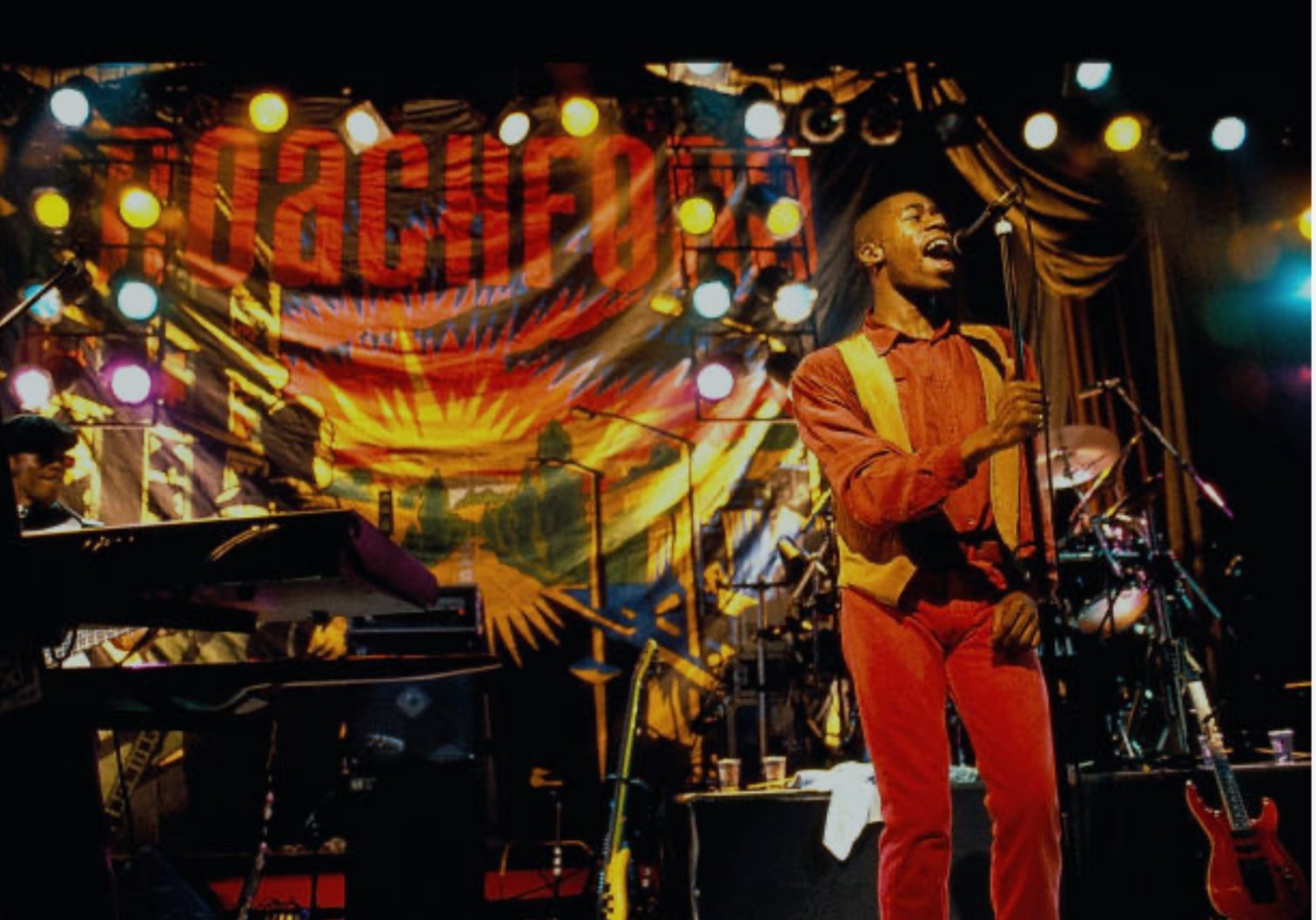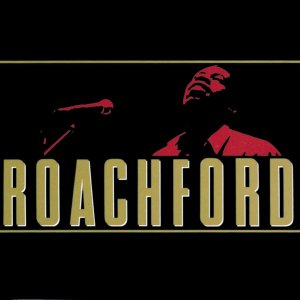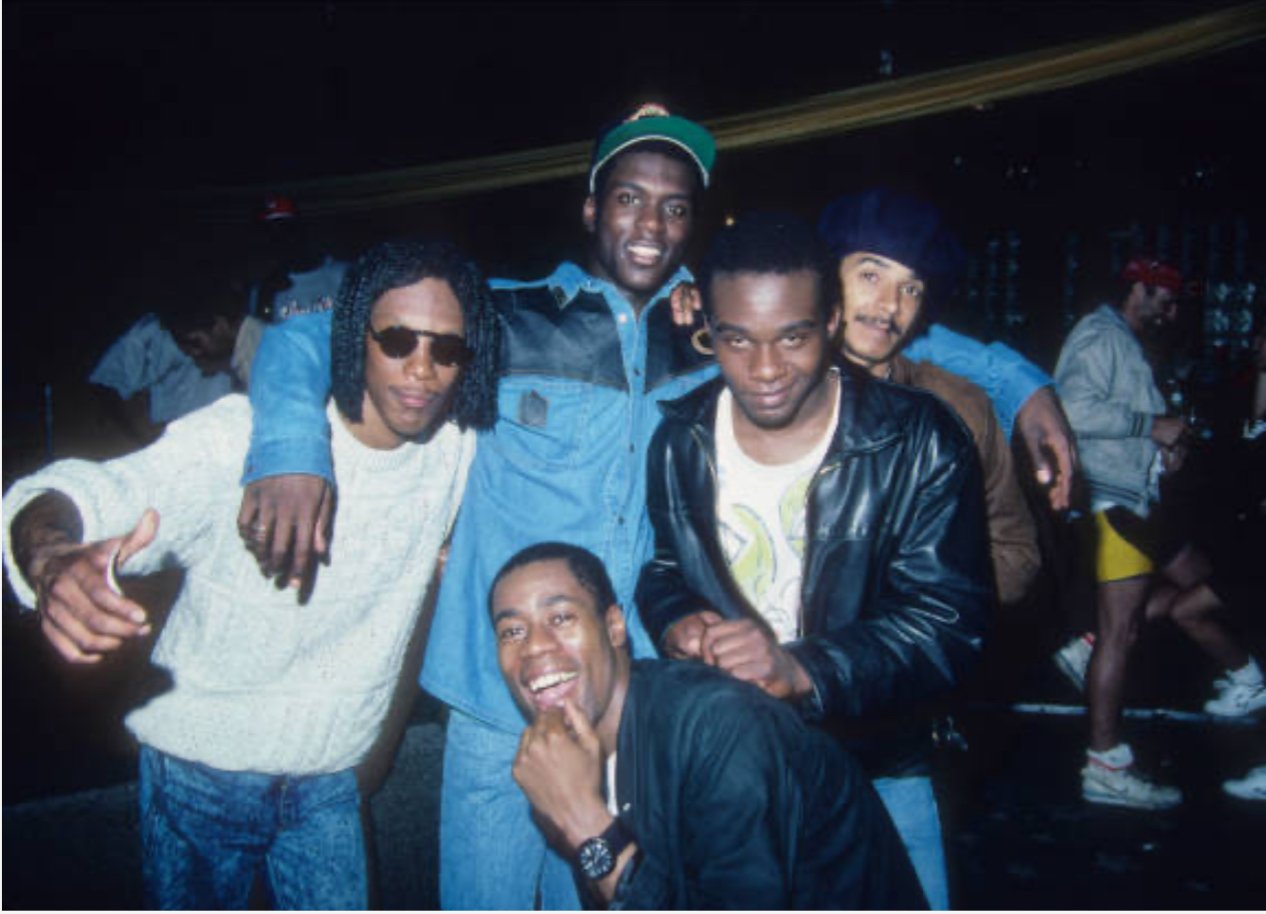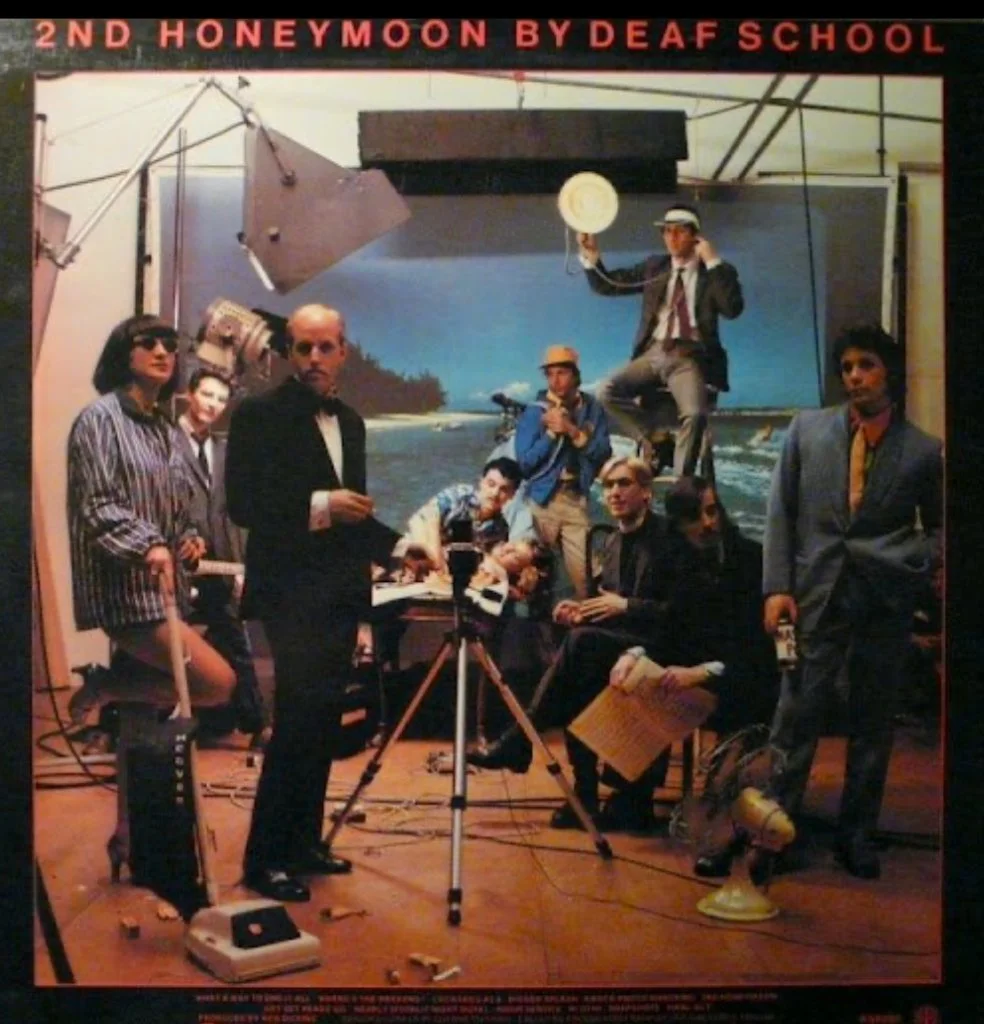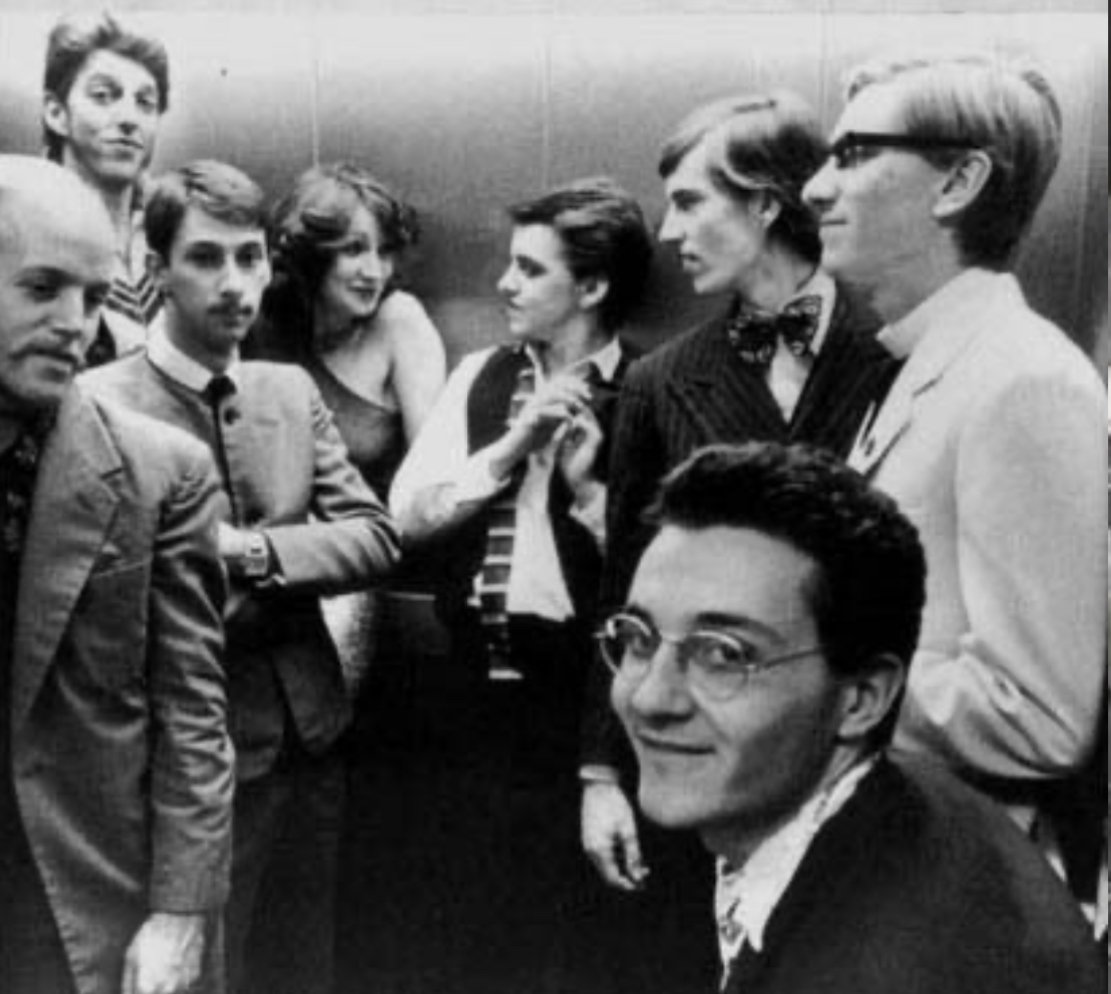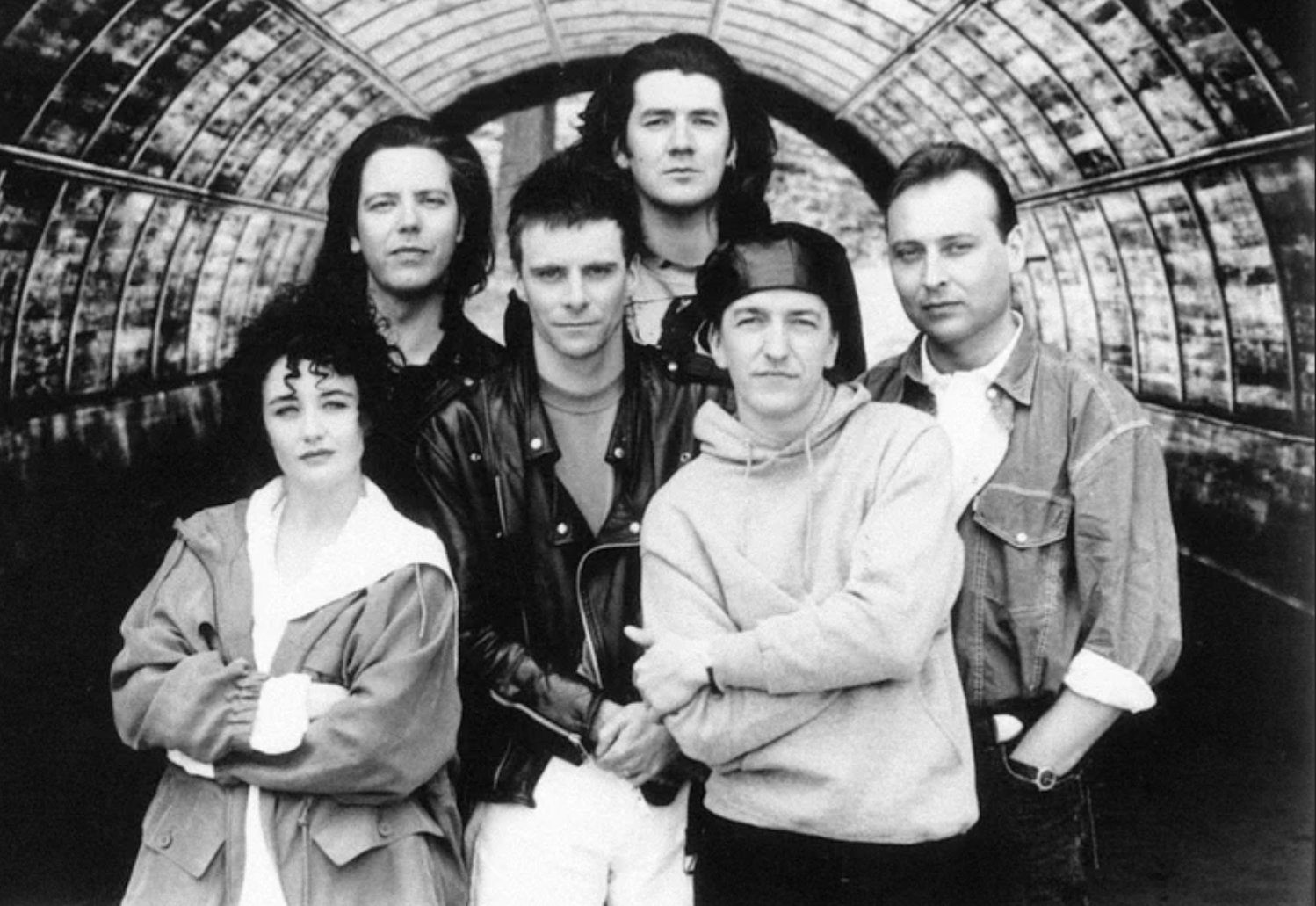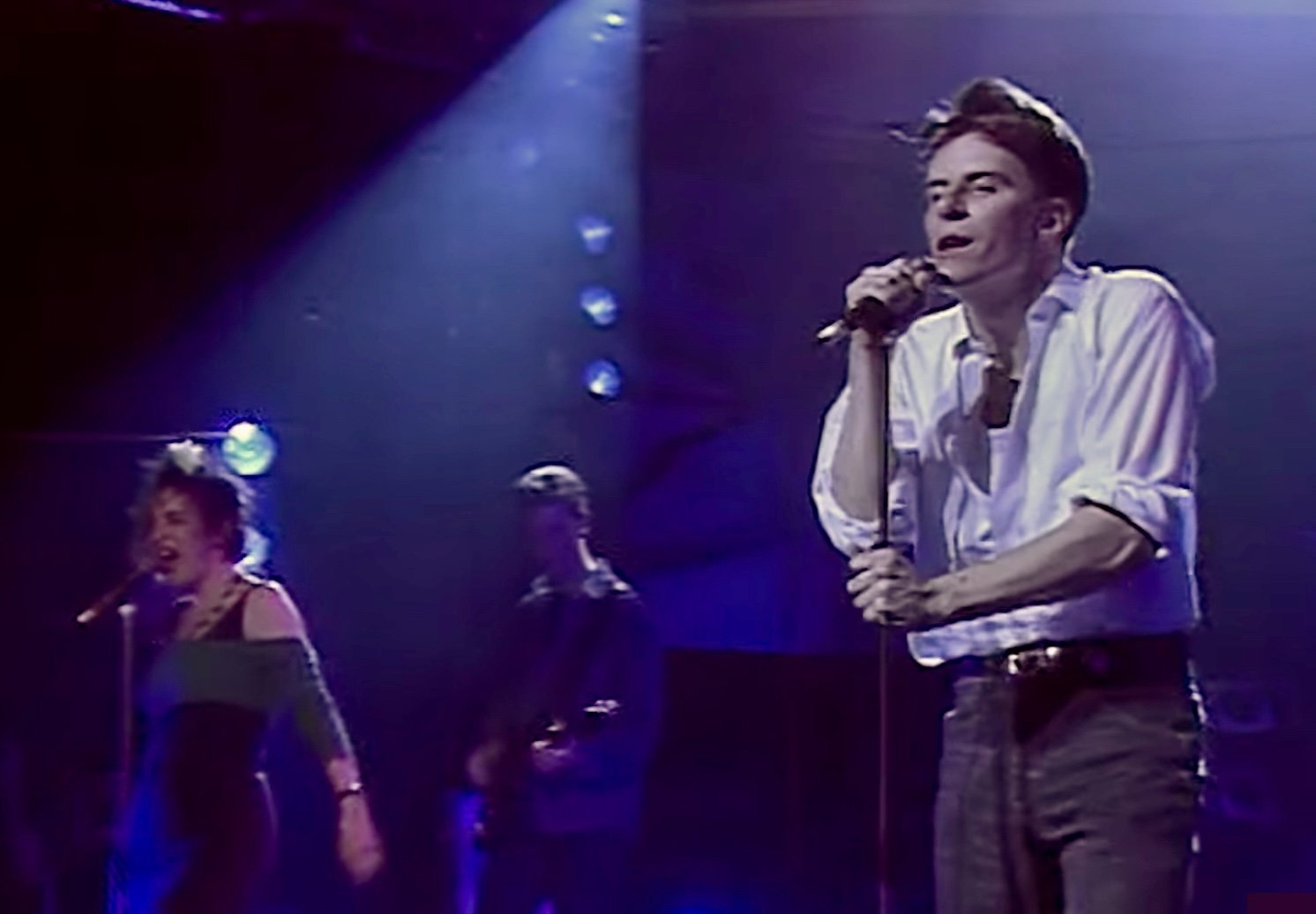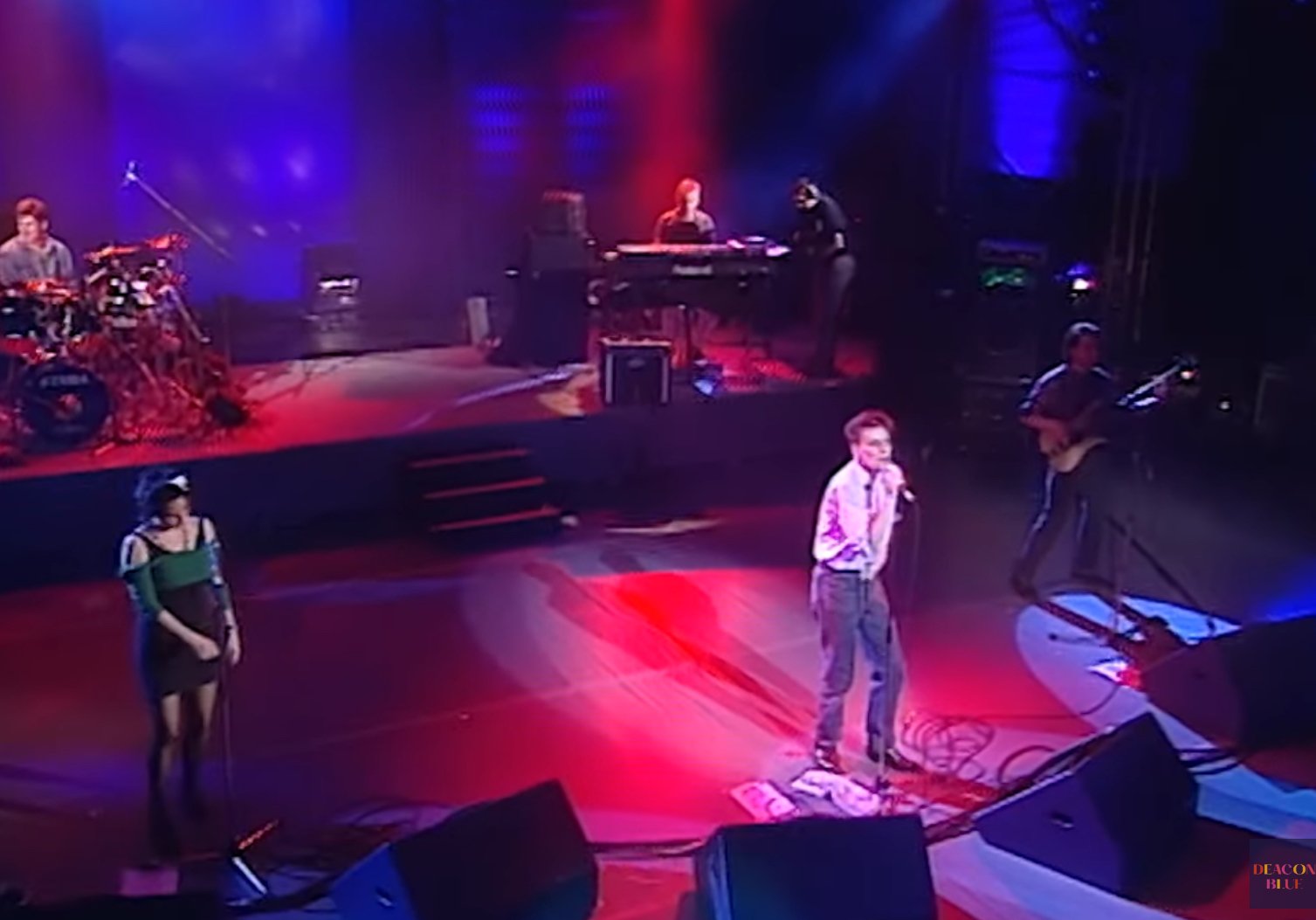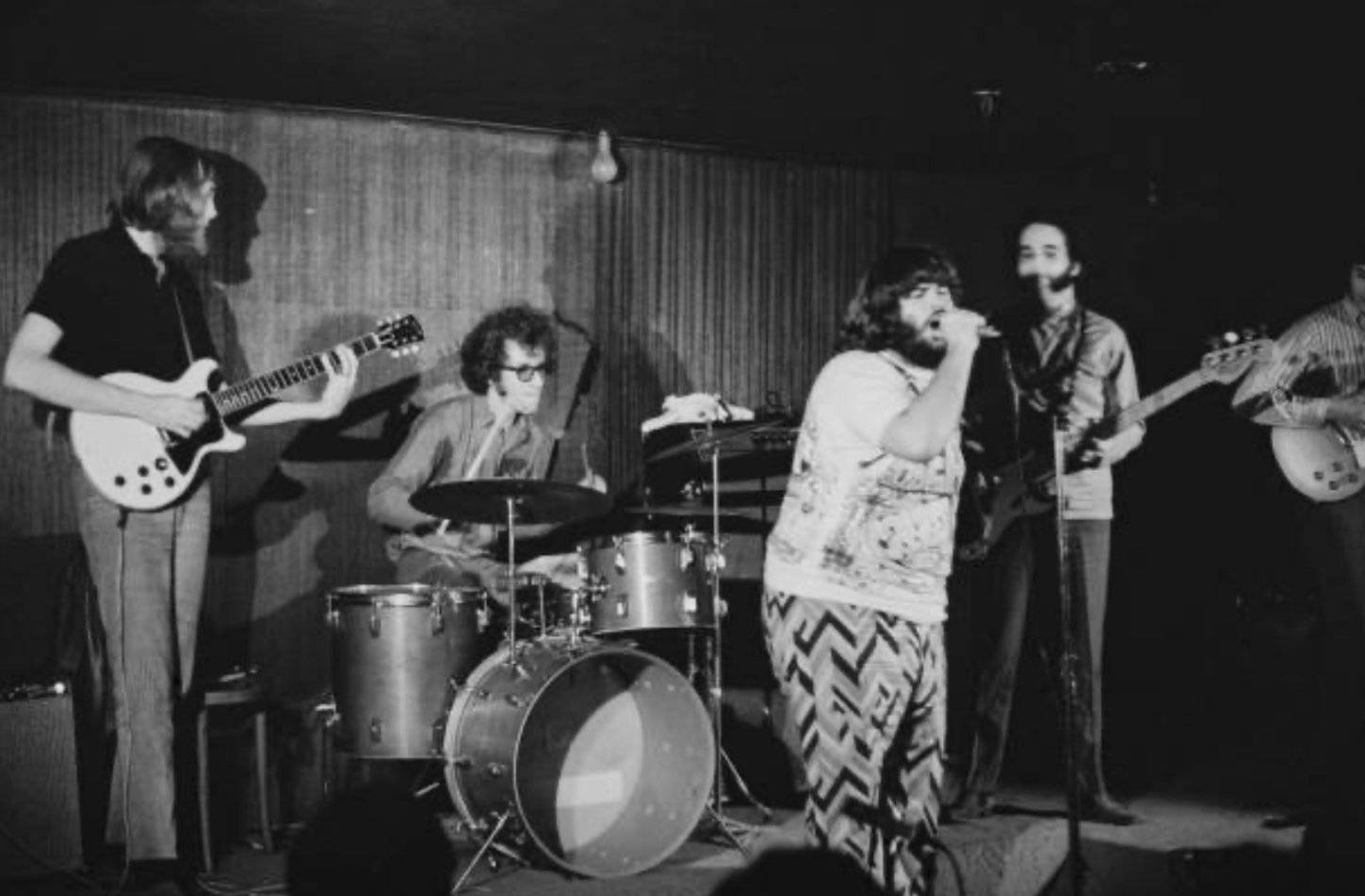Images may be subject to copyright
On this day, 24 October 1978, rock band Dr Feelgood played Cardiff Top Rank with support provided by Squeeze.
The band were formed on Canvey Island in 1971 by Johnson, Brilleaux and Sparks, who had all been members of existing R&B bands, and soon added drummer John Martin.
They took their name from a 1962 record by the American blues pianist and singer Willie Perryman (also known as "Piano Red") called "Dr. Feel-Good", which Perryman recorded under the name of Dr. Feelgood & the Interns.
The song was covered by several British beat groups in the 1960s, including Johnny Kidd & the Pirates. The term is also a slang term for heroin or for a physician who is willing to over-prescribe drugs.
Dr Feelgood are best known for early singles such as "She Does It Right", "Roxette", "Back in the Night" and "Milk and Alcohol", Feelgood’s Guitarist Wilko Johnson left the group because of conflicts with Lee Brilleaux the previous year. He was replaced by John 'Gypie' Mayo.
With Mayo, the band was never as popular as with Johnson but still enjoyed their only Top Ten hit single in 1979, with "Milk and Alcohol".
Squeeze had just released their first EP and their self-titled debut album (March 1978) the album was the source of two singles ("Take Me I'm Yours" and "Bang Bang") produced by the band themselves.



